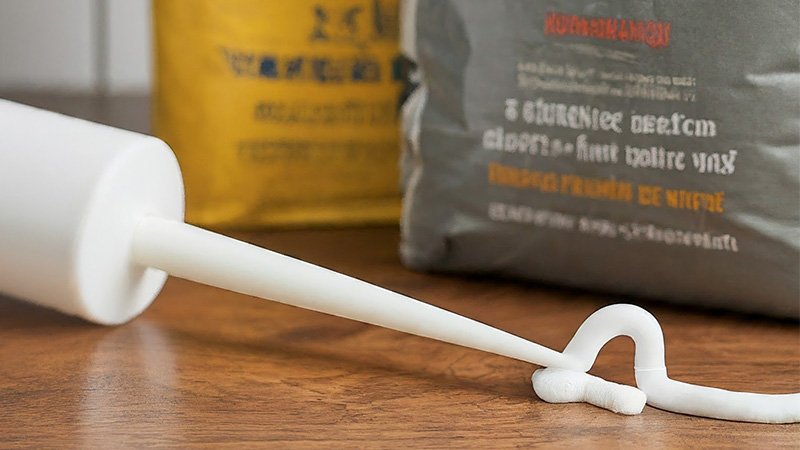When tackling tiling projects, whether in the bathroom, kitchen, or elsewhere, the materials you choose for bonding and sealing are critical. Traditionally, grout has been the go-to choice for filling the gaps between tiles. However, with the advances in material technology, silicone has emerged as an alternative. But can silicone really take the place of grout when it comes to setting tiles and ensuring durability?
Yes, you can use silicone instead of grout in specific tiling applications. Silicone offers flexibility, waterproof properties, and a mold-resistant surface, making it an excellent choice for areas with high moisture levels or where tiles are subject to movement and expansion.
Understanding when and how to use silicone instead of grout can ensure the longevity and aesthetics of your tiling work.
What Are the Advantages of Using Silicone?
Silicone sealant stands out due to its superior flexibility and water resistance. These qualities make silicone ideal for use in areas prone to water exposure, such as bathrooms and kitchens. Unlike grout, silicone can withstand significant shifts and movements without cracking, ensuring a durable bond.
In What Situations Is Silicone Preferable to Grout?
Silicone is particularly beneficial in areas that require a watertight seal. It is also preferred in corners and transitions where different materials meet, such as where tiles meet bathtub edges or kitchen counters. In these cases, the flexibility of silicone accommodates movement and expansion better than grout, reducing the risk of cracks.
How Does Silicone Compare to Grout in Terms of Installation?
Silicone might be more challenging to apply cleanly than grout due to its sticky and elastic nature. Precision in application is key, and smoothing out the silicone neatly requires some practice and skill. Unlike grout, which is pressed into joints with a float, silicone is applied with a caulking gun and then smoothed with a wet finger or tool.

What Are the Maintenance and Longevity Differences?
Silicone sealants are mold and mildew resistant, making them easier to maintain in damp environments compared to grout, which may require periodic sealing and can discolor over time. However, silicone might discolor or collect dust and dirt more readily on horizontal surfaces, where it can also be harder to clean than grout.
Can Silicone Be Used for All Joints in Tiling?
While silicone is excellent for flexibility and waterproofing, it is not suitable for filling every joint in tiling projects. For large areas or floors, traditional grout is necessary to manage the weight and friction of foot traffic. Silicone is best reserved for perimeter edges and changes in plane in tiled areas.
What About the Aesthetic Considerations?
Silicone comes in various colors, but it might not offer the same color range as grout. For those who prioritize aesthetic and design continuity, matching silicone perfectly with tiles can be more challenging. Grout also tends to provide a cleaner, more traditional look for tile joints.
How Does the Cost Compare?
Generally, silicone is more expensive than grout per application due to its chemical properties and the benefits it offers. However, considering its durability and reduced maintenance needs, silicone can be a cost-effective option in the long run, particularly in high-moisture areas.
Conclusion
Using silicone instead of grout can be a smart choice in specific scenarios, particularly in moisture-prone areas or where flexibility is crucial. While it offers many advantages in terms of maintenance and durability, its application and cost might not make it suitable for every tiling project. Deciding whether to use silicone or grout depends on the specific requirements of the installation and the desired final appearance.